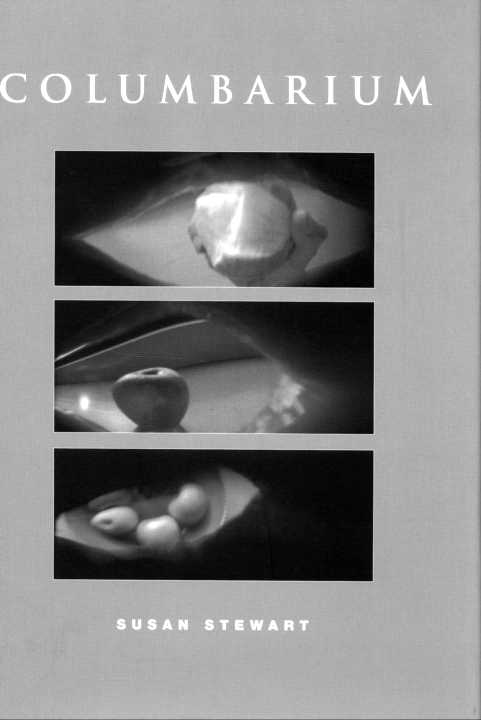

Most ebook files are in PDF format, so you can easily read them using various software such as Foxit Reader or directly on the Google Chrome browser.
Some ebook files are released by publishers in other formats such as .awz, .mobi, .epub, .fb2, etc. You may need to install specific software to read these formats on mobile/PC, such as Calibre.
Please read the tutorial at this link: https://ebookbell.com/faq
We offer FREE conversion to the popular formats you request; however, this may take some time. Therefore, right after payment, please email us, and we will try to provide the service as quickly as possible.
For some exceptional file formats or broken links (if any), please refrain from opening any disputes. Instead, email us first, and we will try to assist within a maximum of 6 hours.
EbookBell Team

4.7
96 reviewsWinner of the 2003 National Book Critics Circle Award in the category of poetry.
In her long-awaited fourth book of poetry, Susan Stewart gives us a series of splendid, numinous poems about truths learned with the mind but set free through the senses. Modeled on the seventeenth-century practice of century forms, or books of one hundred pages, Columbarium expresses the bond between the living and the dead in voices of parent to child, lover to beloved, and mortal to the gods. The book arrives as a meditative gift from one of our most respected poet-critics.
Stewart frames her Columbarium with four poems paying homage to the elements-to their destructive and creative aspects and to their roles in the human and more than human worlds. Both nest and crypt, the book's center holds an alphabet of "shadow georgics," poems of instruction and doubt that link knowledge and the unconscious. Questions of mortality, of goodness and suffering, and of the fragility and power of memory animate these poems. In one poem an apple calls the narrator back from the dead to savor the echoes of its varieties in myth and literature. In another, the seeds of a pear tree reveal the essential unity that makes the diversity of existence possible.
Stewart's Columbarium is both a memorial to the dead and a testament to life.
From Publishers WeeklyPoet-critic and MacArthur fellow Stewart's (On Longing) fourth book of verse contains two pairs of long poems on the elements-"Sung from the generation of AIR" and "Drawn from the generation of FIRE" at the book's beginning and "Wrought from the generation of EARTH" and "Flown from the generation of WATER" at its close. They surround a long middle section of "shadow georgics" organized alphabetically by title: "Apples," "Bees," "Braid," "Cross/ X," "Dark the Star," down through "X/ Cross," "To You and for You" and "Zero." This clever, embedded patterning suggests that the alphabet and language are akin to nature's elements, elements that the poet gathers and disperses into a variety of visually divergent forms, enacting the perpetual mutability of nature. In "Braid," for instance, Stewart moves from a painstaking description of fingers and hair to the telling, if somewhat heavy-handed announcement: "You can tell a story/ many ways. You can leave/ something out or put// something in; you can fool/ yourself and hide./ You can shake out// the form or try/ to manage every wisp,/ but the latter will// only bring you pain." Throughout the collection, the poet delves into human universals (memory, breath, voice, whisper, loneliness, etc.) while constantly attentive to etymology and word choice, and she makes scholarly reference to scores of classical and Biblical figures including Virgil, Hecuba, Peleus, Isaiah, Lot and Lazarus. But as in previous work, it is moments of brief and simple aphorism ("Build fires to worship the wood, burn wood to worship the fire") that forcefully summarize the book's project.
Copyright 2003 Reed Business Information, Inc.
"The poems in this year's National Book Critic's Circle-winning volume are disarmingly--and deceptively--direct, refracting light in every direction like the little gems that are. Stewart observes the world carefully and comes up with some startling conclusions."
(Library Journal 2004-04-15)